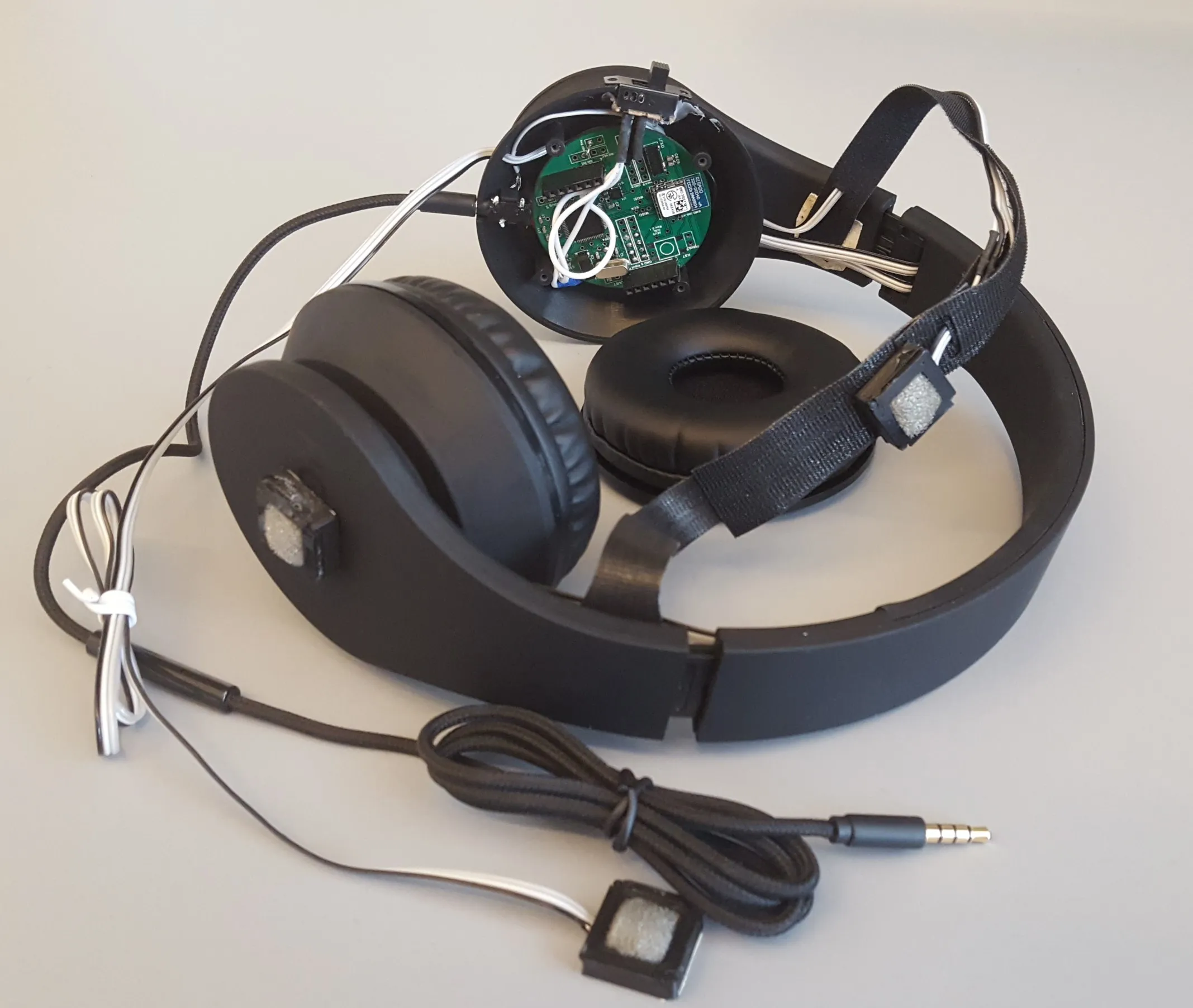
The institute says the system will be able to send an audio alert to the pedestrian’s headphones if a hazard appears near.
The headset will also include a low-power data pipeline to process sounds near the pedestrian. This pipeline will also contain a custom-integrated circuit that extracts relevant features from the sounds while using little battery power, the institute adds.
Machine learning models on the user’s smartphone will classify acoustic cues from city streets and nearby vehicles to warm users of danger.
The prototype was awarded a £1.2 million grant from the National Science Foundation and is being tested on streets close to Columbia.
DSI’s Fred Jiang says the project will aim to develop a prototype of the smart headphone system and then transfer the technology to a commercial company.
“We hope that, once refined, the technology will be commercialised and mass produced in a way that will help cities reduce pedestrian fatalities,” Jiang adds.









